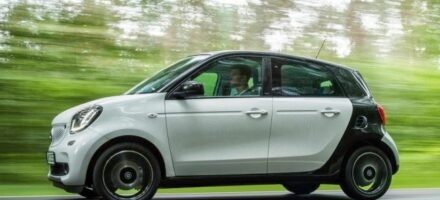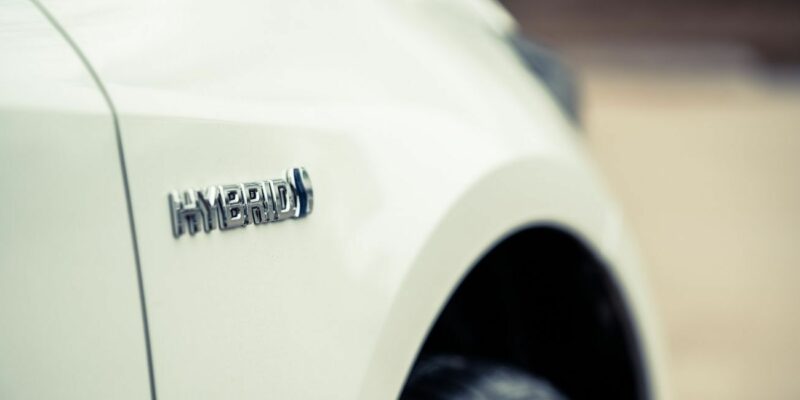
The benefits of hybrid cars
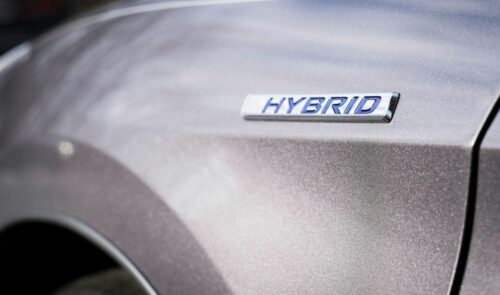
When you come to buy a new car these days, the question of whether to go petrol, diesel, hybrid or electric is now a very real conundrum. The electric car market is now packed with great options that are getting more affordable all the time, while at the other end of the scale the combustion segment features plenty of cheap, efficient, and reassuringly familiar names.
But what about hybrid cars? Sometimes an afterthought in the ever-present ‘petrol vs electric’ industry debate, hybrids sit squarely in the middle of the argument. Proponents of hybrid cars will tell you they offer a solution that’s ‘the best of both worlds’, critics will argue they’re soon to be a forgotten technology.
Are hybrid cars worth it, then? The reality is that hybrids still have a great deal to offer to a variety of drivers, and with new models hitting the market all the time, it’s clear that manufacturers see plenty of value in them too. Here, we’ll talk about the benefits of hybrid cars, what options are currently out there, and why one might make sense for you over a petrol, diesel, or electric rival.
If you want to know more about what a hybrid car is and how one works, take a look at our guide.
What are the benefits of hybrid cars?
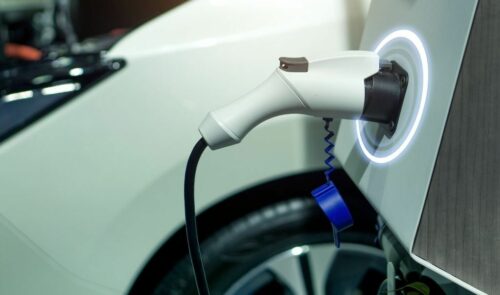
Hybrid cars offer some obvious benefits in terms of efficiency and running costs, but there are also a number of additional talking points that give them an advantage over both petrol and electric options:
- Fuel economy: Particularly if you make a lot of journeys around town, hybrid cars offer far superior fuel economy to petrol or diesel equivalents. This is because the electric motor can do the body of the work during short distances and stop-start travel, minimising fuel use and costs.
- Lower CO2 emissions: Reduced CO2 emissions appeal from both sustainability and cost perspectives. In regard to the latter, hybrid car tax benefits aren’t as great as they used to be, but you’ll pay slightly less Vehicle Excise Duty (VED) than if you were driving a petrol or diesel car, which still translates to a saving.
- Lower maintenance costs: Less frequent oil changes and less demand on the internal combustion engine (ICE) mean hybrid cars tend to require less attention and therefore command lower maintenance costs than conventional rivals.
- Minimal compromise on performance: Because hybrids carry both an ICE and electric powertrain, there’s minimal drop off in performance from a fully petrol or diesel option. Many full hybrids offer a variety of driving modes that allow you to shift between maximising efficiency or performance as you see fit.
- No range anxiety: All-electric vehicle (EV) ranges are improving all the time, but there is still some sense of range anxiety with EVs when it comes to long-haul journeys. No such worry with hybrids, which boast typical mileage and range capacities of conventional cars, boosted by the electric motor. They can be filled up at your nearest station in no time at all.
- A smooth transition point: For buyers who are a little hesitant to go fully electric straight away, the cost, efficiency and sustainability improvements of a hybrid option offer a step in the right direction without abandoning the performance, affordability and familiarity factors of a petrol or diesel car.
Buyer decisions: petrol vs hybrid cars
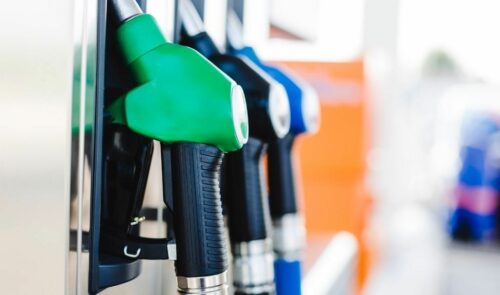
If you’re weighing up whether to go for a petrol/diesel or hybrid option, you’re essentially weighing up the efficiency benefits of hybrid technology against the affordability of a conventional vehicle. Hybrid cars boast better emissions, fuel economy (in most instances), servicing costs and residual value than combustion vehicles, but that tends to come at a higher initial purchase cost.
There are also some performance points to consider, with petrol and diesel cars generally offering more power than a hybrid equivalent, although drop off is relatively small. Furthermore, if you spend a lot of time on the motorways driving long distances, an efficient diesel option is actually more economical than a hybrid that won’t be able to rely on its electric motor like it can on shorter journeys.
If you want upfront affordability or long-distance economy, a petrol or diesel option might suit you better. But if you want better efficiency and cost savings on shorter journeys, a hybrid makes more sense.
Buyer decisions: hybrid vs electric cars
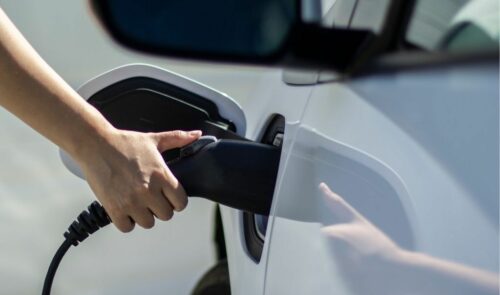
The script flips for the electric or hybrids cars debate, with the hybrid now the more affordable buying option and the EV the more efficient vehicle. Thinking long term, EVs offer better cost benefits, even with the higher upfront price tag taken into account. Vastly reduced running costs making them a wiser investment for the future.
There is still a case for hybrids in the short term, however. For one, many buyers won’t want or be able to afford the upfront cost of an EV today, while hybrids still offer vast cost savings to drivers who undertake primarily short-term journeys. You also don’t need to worry about range concerns with a hybrid as you would with an EV.
So, thinking ahead and can afford the sticker price? The EV is the better choice. But in terms of shorter-term affordability, hybrids still offer a number of EV-style benefits without that initial financial hit.
So, is a hybrid car worth it in 2022?
Is it worth buying a hybrid car in the UK market today, then? Whether you’re weighing up a hybrid car versus a conventional petrol/diesel, a fully electric car or both, hybrids offer plenty of value and will continue to do so for the next few years.
Where hybrids come into question is the longer-term picture that takes into account the 2030 petrol/diesel ban and subsequent hybrid ban in 2035. As we get closer to those dates – particularly the latter – hybrid technology will become less relevant as electric cars become more affordable, but that’s still a long way away.
In the meantime, hybrid cars offer an appealing middle ground between conventional range and performance and electric efficiency, and with top luxury options like the Mercedes C300 e, BMW X5 45e and BMW 330e all leading contenders in their respective classes, there’s no doubt the top manufacturers consider hybrids a big part of the automotive industry’s future yet.
Take a step towards electric with Jardine
You may want to go hybrid, you might want to take the fully electric plunge, or you could just want an affordable petrol/diesel option for your next car. Whichever way you’re leaning, it’s an exciting time to be a buyer in the luxury car market, with top-class options being released in every power format.
We can help you find what you’re looking for at Jardine, electric or petrol, new or used. Browse our full electric and hybrid range, book a virtual appointment with a member of our team or visit your nearest Jardine dealership today.
H2: You might also like
- Electric car predictions for 2022
- The most exciting new car releases for 2022
- What’s the difference between hybrid and electric cars?
Don’t forget to visit our YouTube channel, where you can find all sorts of car reviews and expert advice.



